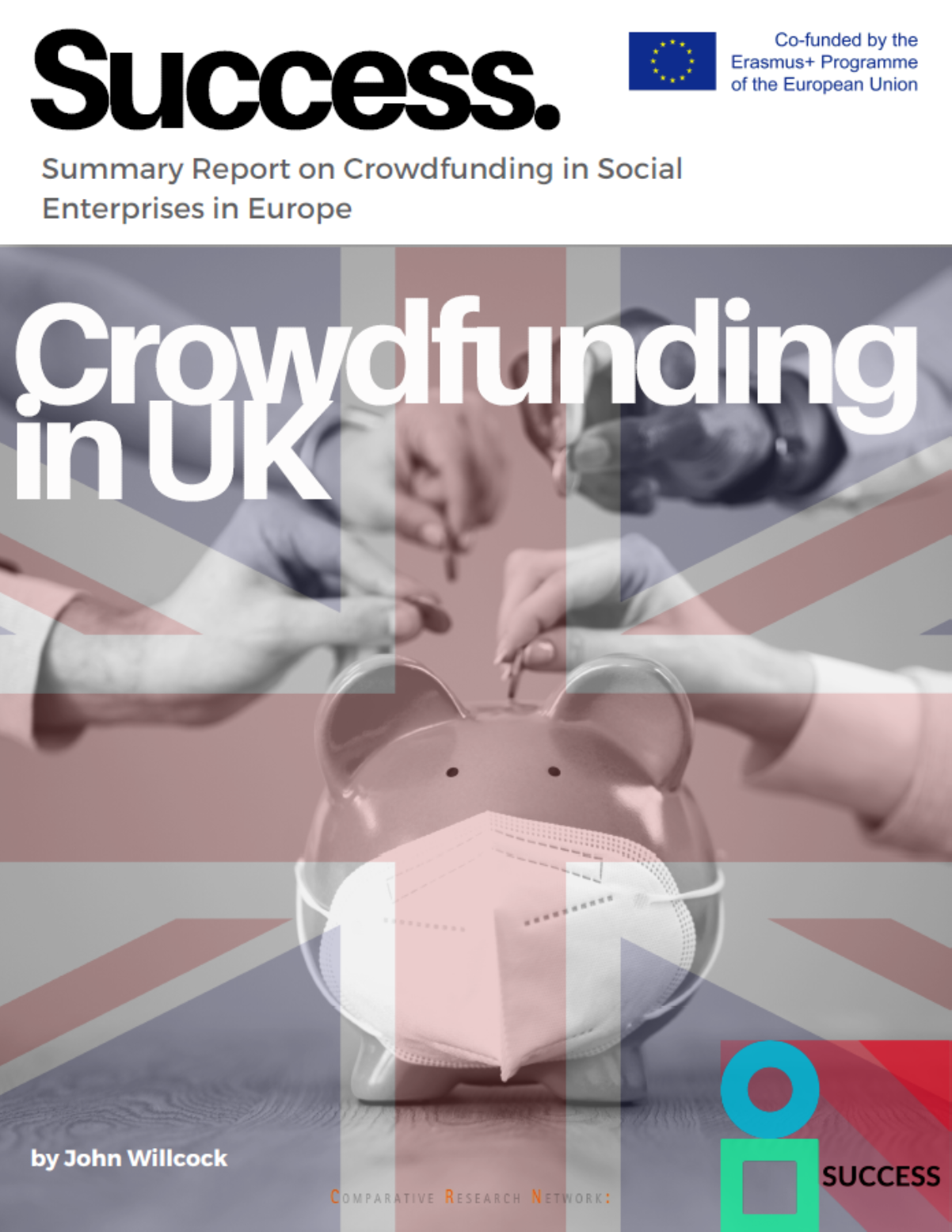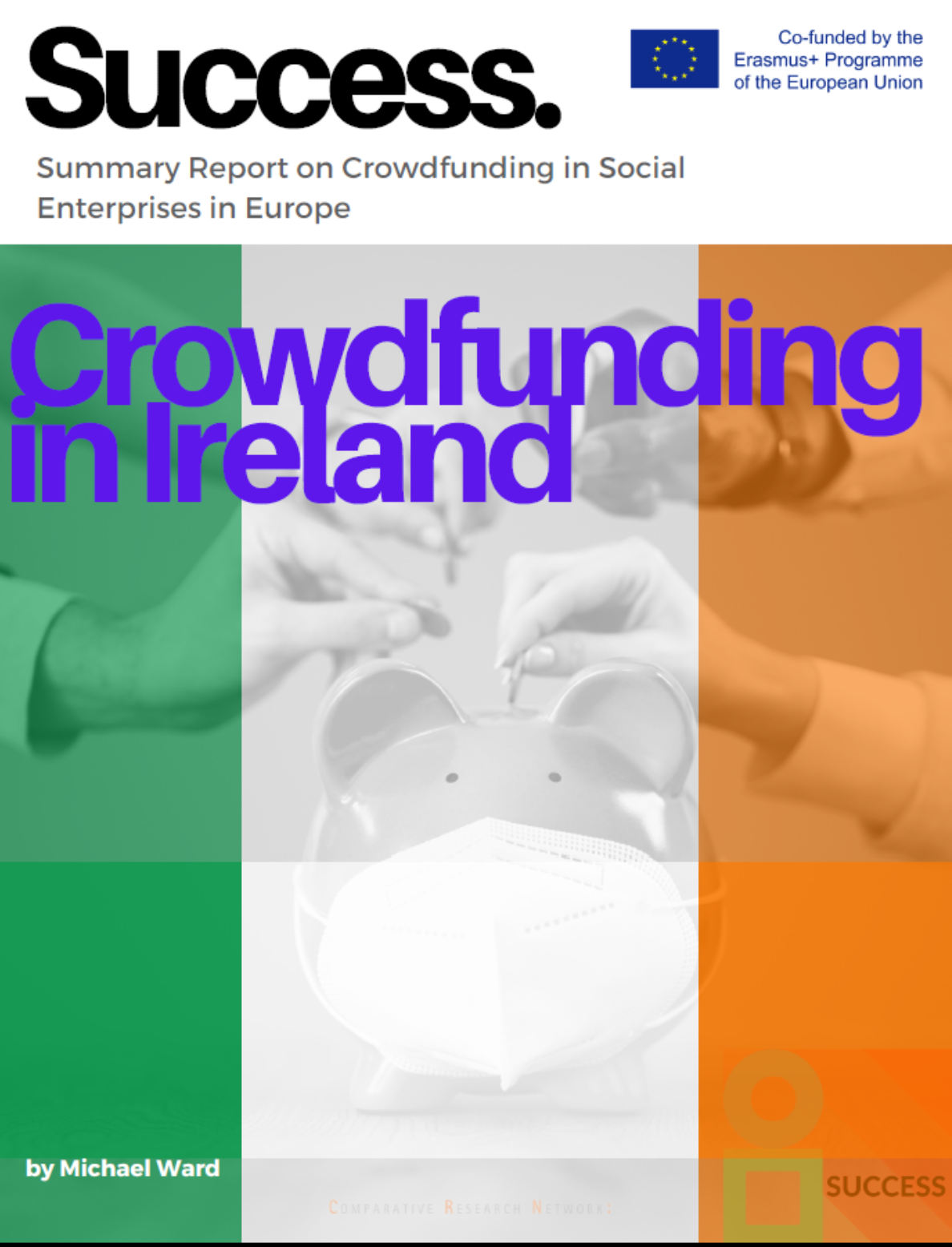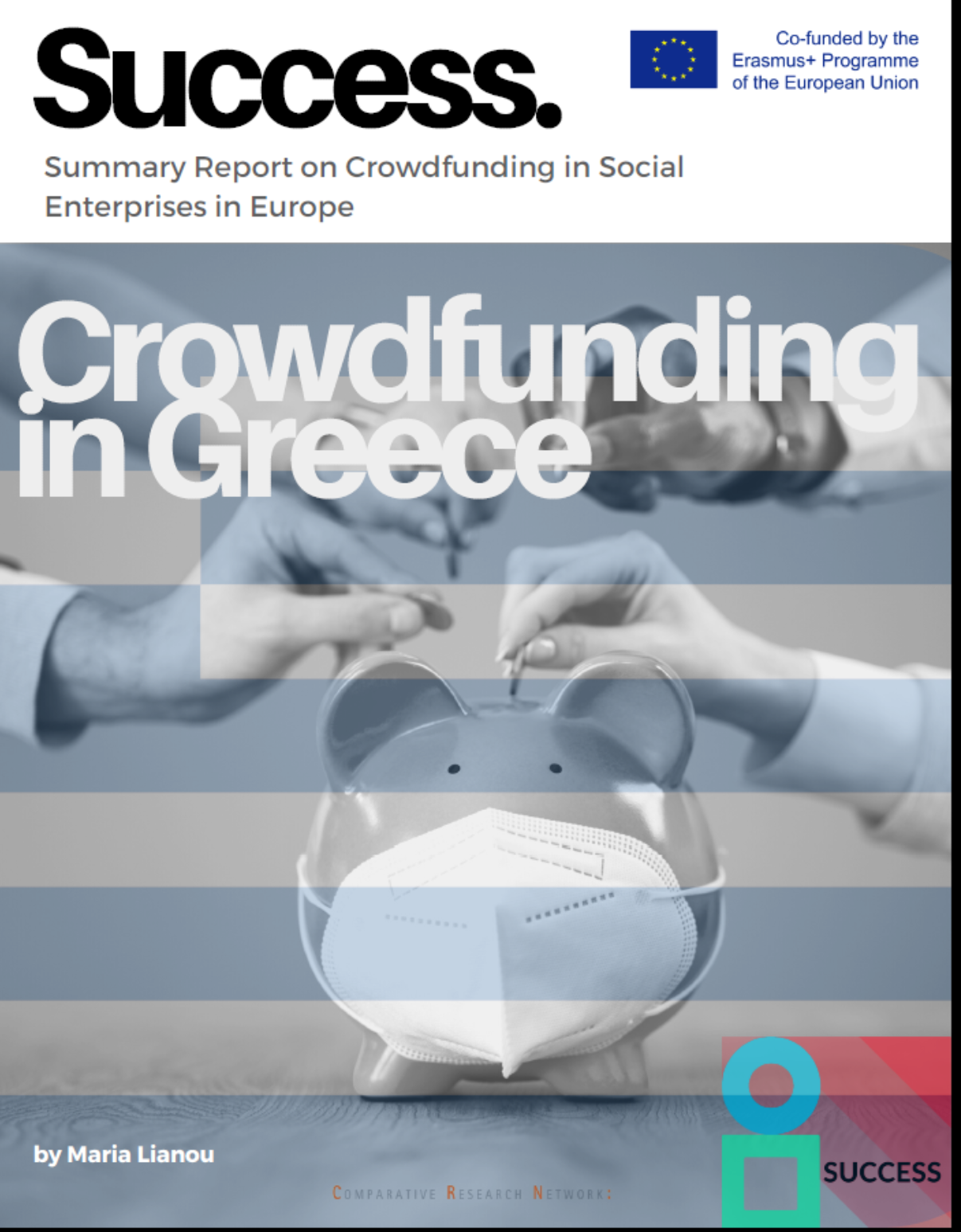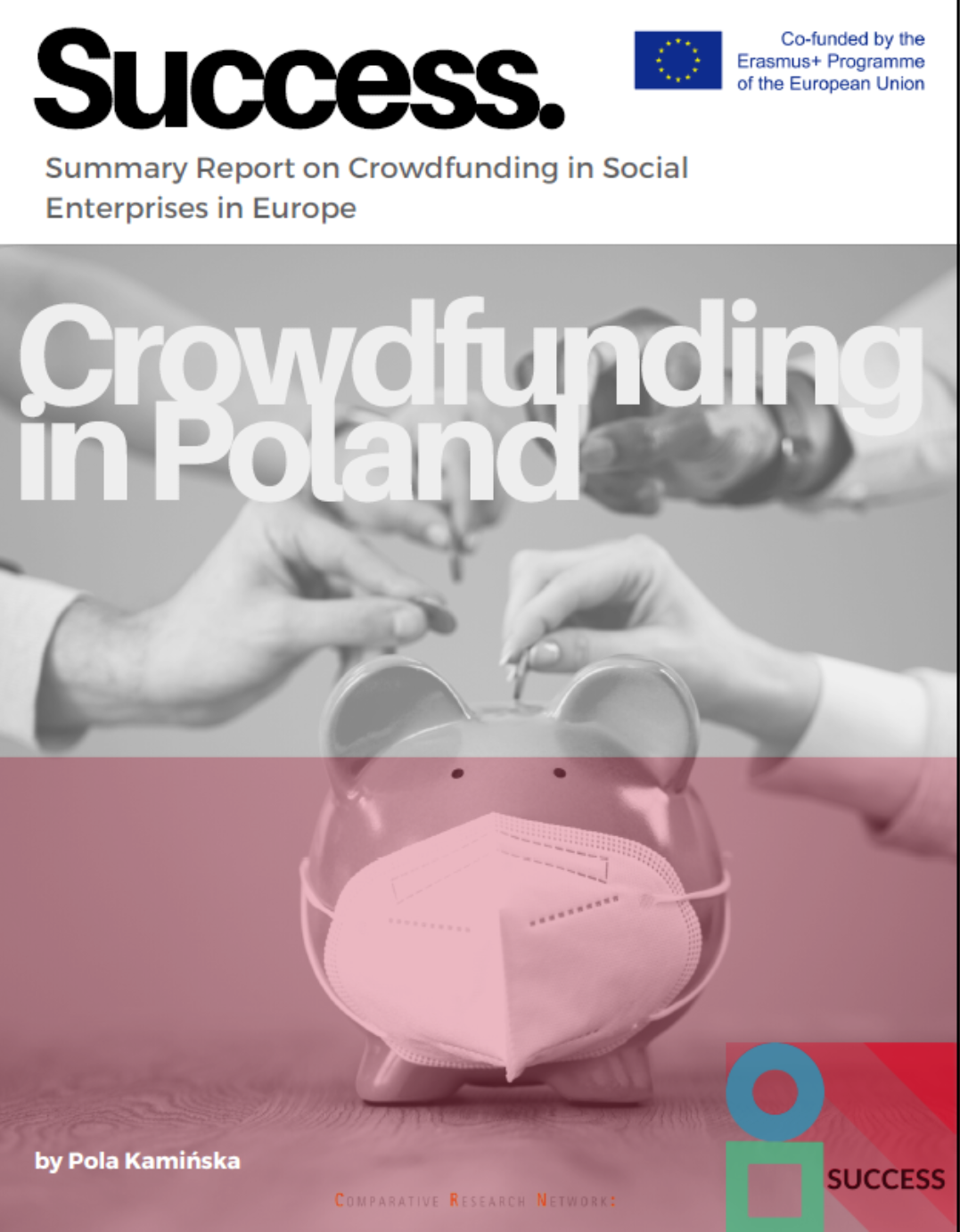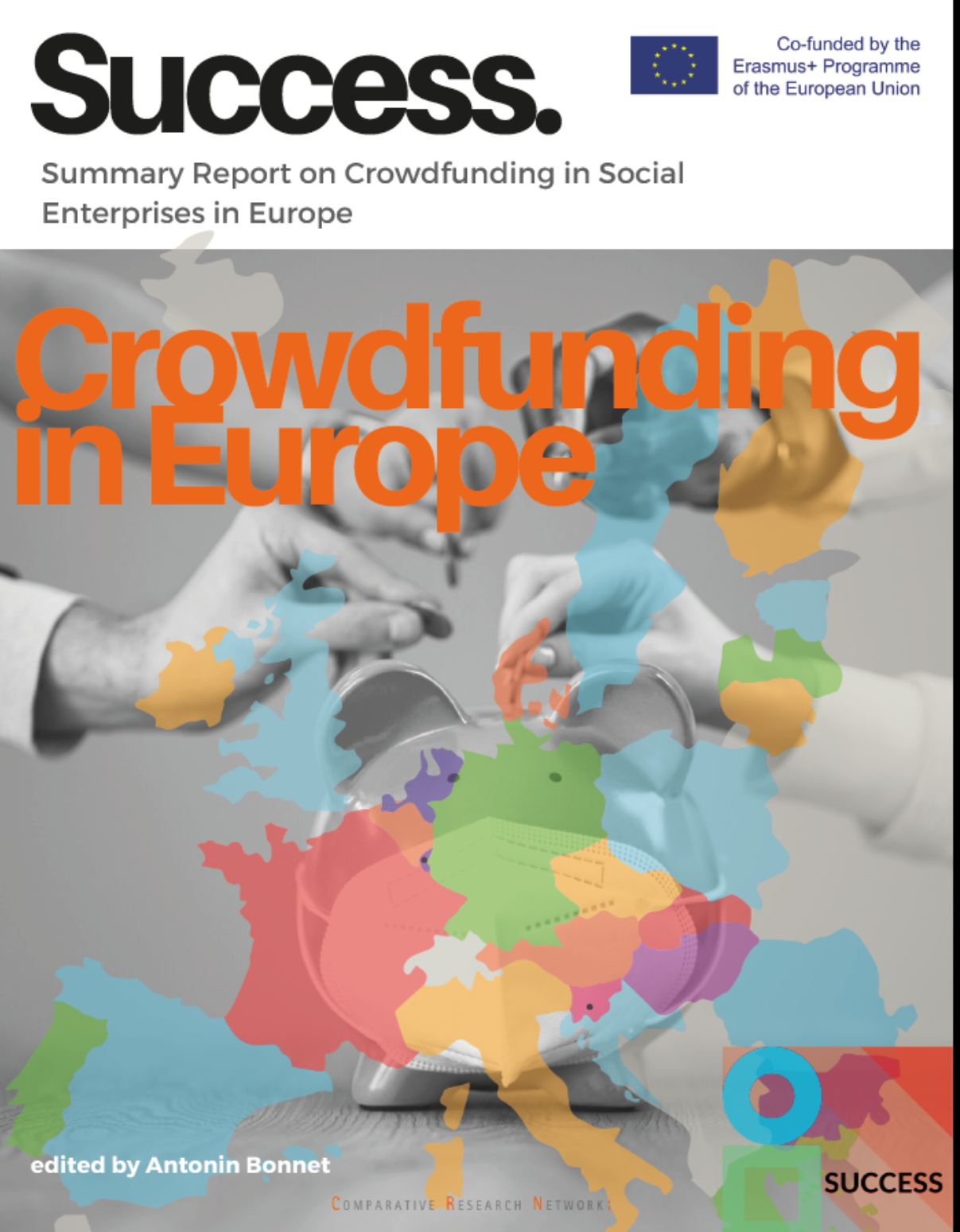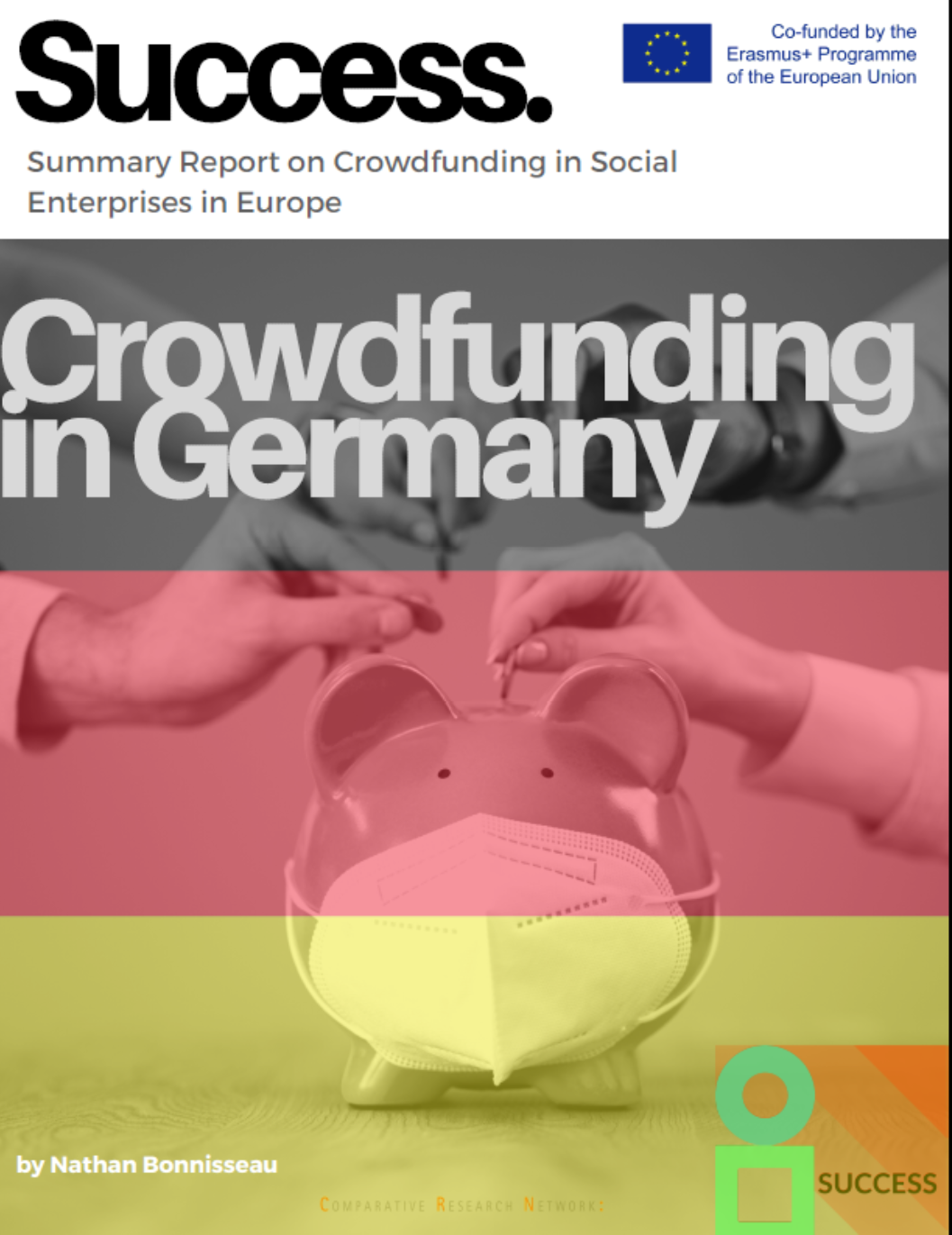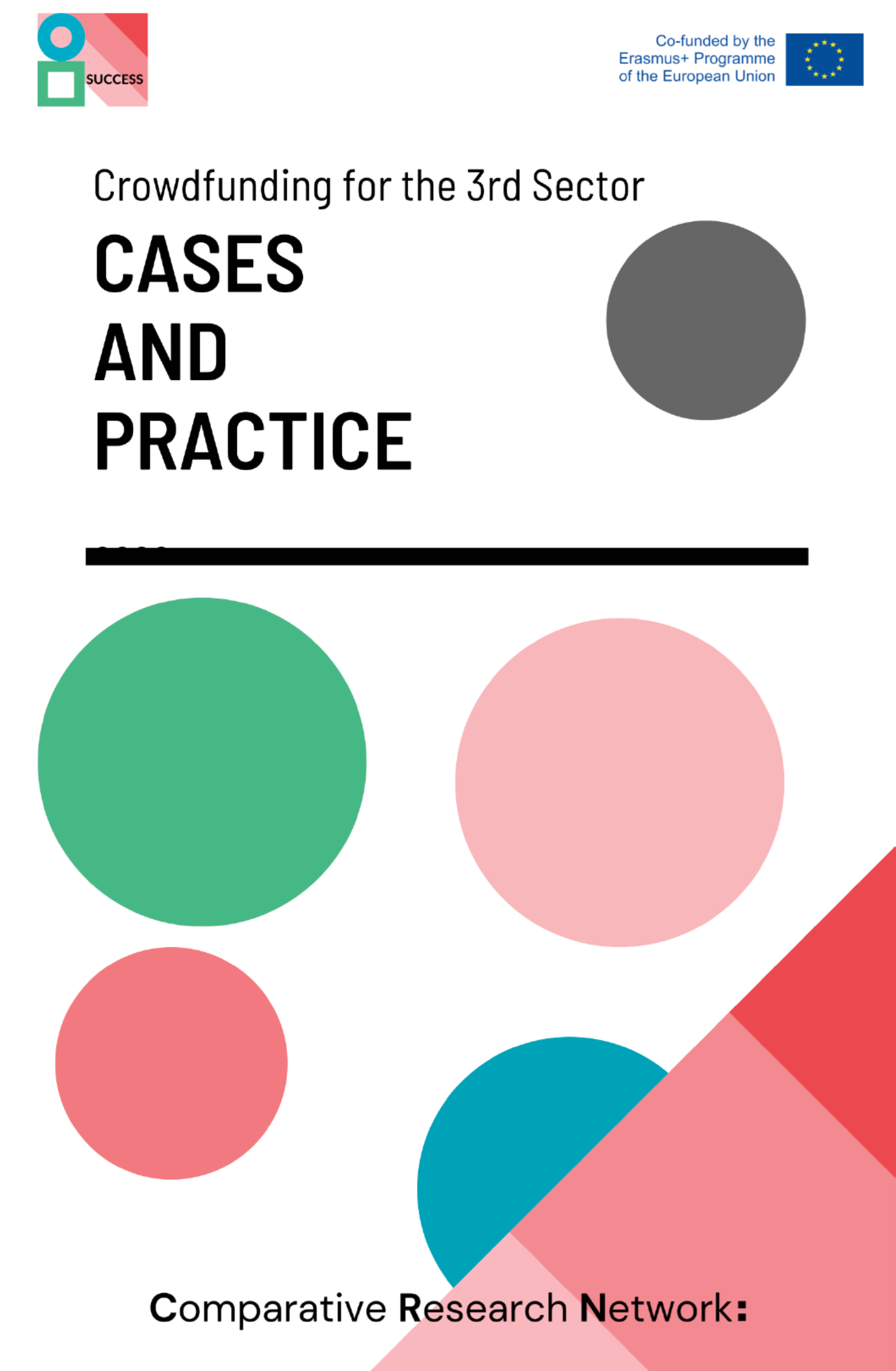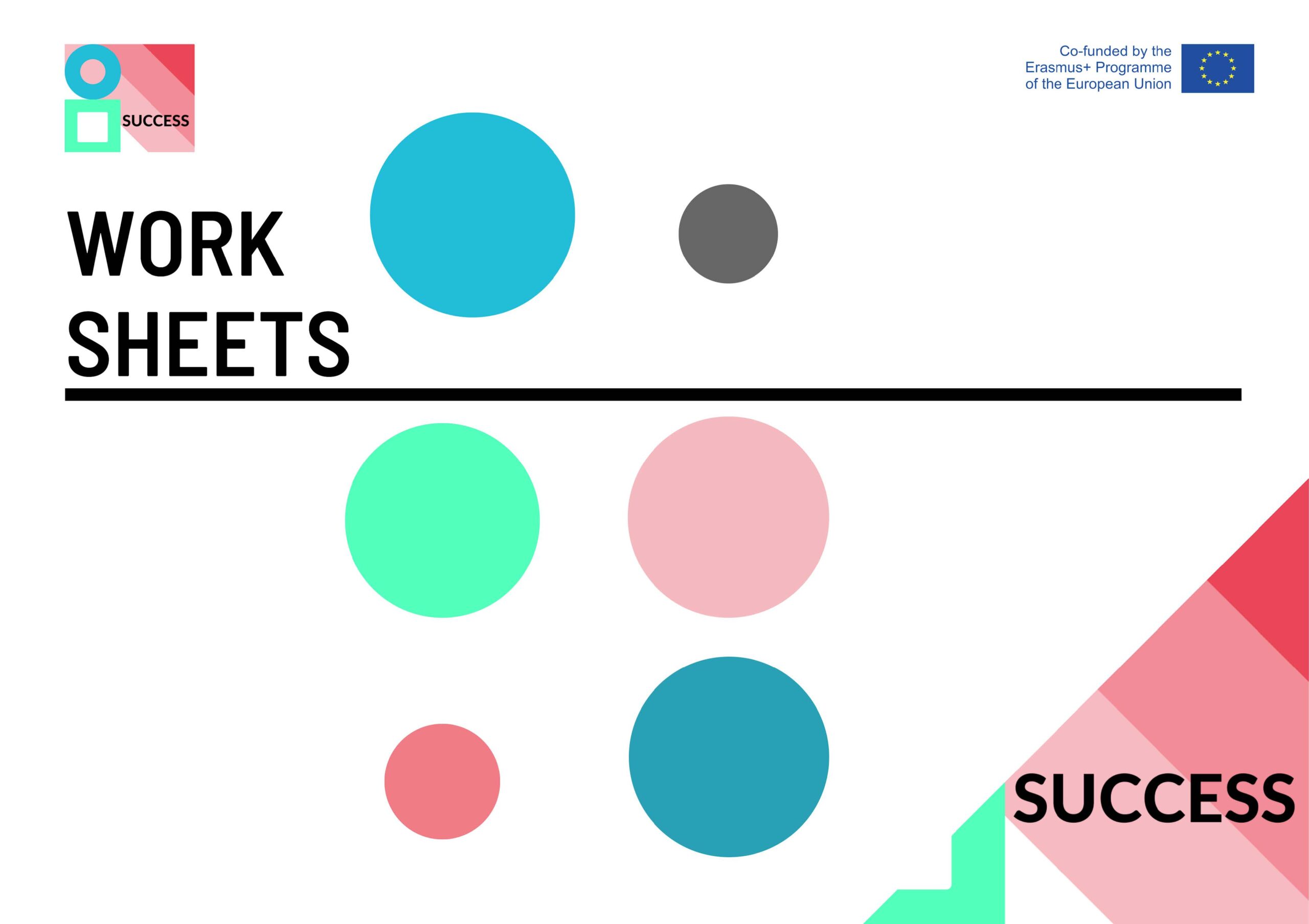Crowdfunding has emerged as a highly innovative method of fundraising, albeit at different rates across the European Union (EU). While this approach has gained traction in various sectors, the third sector and social economy have faced challenges in adapting and adopting crowdfunding as a specialized form of funding strategy. Issues such as limited ICT skills, lack of basic knowledge about crowdfunding, and governance constraints have hindered their ability to embrace this new funding avenue and gain top-level support for the concept. However, with changes in how people support the third sector and traditional cash collections dwindling, there is an urgent need for adaptation to the new digitally-driven economy.
Recognizing these constraints and barriers specific to the third sector and social economy, SUCCESS was initiated. This project aimed to provide innovative tools and resources to help social enterprises across Europe find alternative funding, manage the impact of economic threats, and foster outreach and community building among their target audiences.
The primary objective of SUCCESS was to transfer the understanding and knowledge about crowdfunding throughout Europe. The project developed specific, completely free, open-access resources tailored for learners, educators, and vocational education and training (VET) experts. These resources offered practical solutions to the unique challenges faced by the critical and important third sector of the EU economy. As part of this initiative, SUCCESS created a suite of web-based learning packages designed to guide the sector through the process of campaign development, building a strong social media presence, running effective campaigns, and maximizing their chances of success.
Moreover, the project conducted a benchmarking study that summarized the crowdfunding landscape across partner countries and incorporated data from the entire EU through meta-research. This study shed light on the current state of alternative financing and highlighted the specific needs of the sector.
The comprehensive suite of learning materials produced by SUCCESS included online modules, canva, checklists, hints, and tips. These resources covered areas that were previously overlooked in the third sector, empowering organizations to navigate the intricacies of crowdfunding with confidence.
The project partners were selected for their specialist skills and expertise in the social economy and third sector within their respective countries. These partners had established networks and common interest groups that were best positioned to ensure the dissemination of information about the SUCCESS program, even reaching the smallest social enterprises and charities.
The Comparative Research Network e.V. (CRN) excels in VET curriculum development, particularly in the field of social entrepreneurship. The RLN (UK) has been co-running a UK-based third sector network for a decade. MEAG is a social enterprise that provides management and support to occupants of incubation units. Na Drodze Ekspresji is an NGO dedicated to equipping individuals with fewer skills and education with entrepreneurial skills. PLAN A is a Berlin-based consultancy focused on sustainability. The Institute of Entrepreneurship Development (iED) is a Greek NGO dedicated to promoting innovation and entrepreneurship. School Raising is an NGO that specializes in crowdfunding campaigns for schools and formal VET providers.
Through collaborative efforts and the expertise of these partners, SUCCESS successfully delivered key outcomes. The project provided valuable insights into the crowdfunding landscape, developed a comprehensive suite of learning materials, and engaged with diverse stakeholders within the third sector across Europe. The ultimate goal was to empower social enterprises, charities, and organizations within the third sector to leverage crowdfunding as an effective and sustainable fundraising tool, ensuring their continued growth and positive impact in communities throughout Europe.
